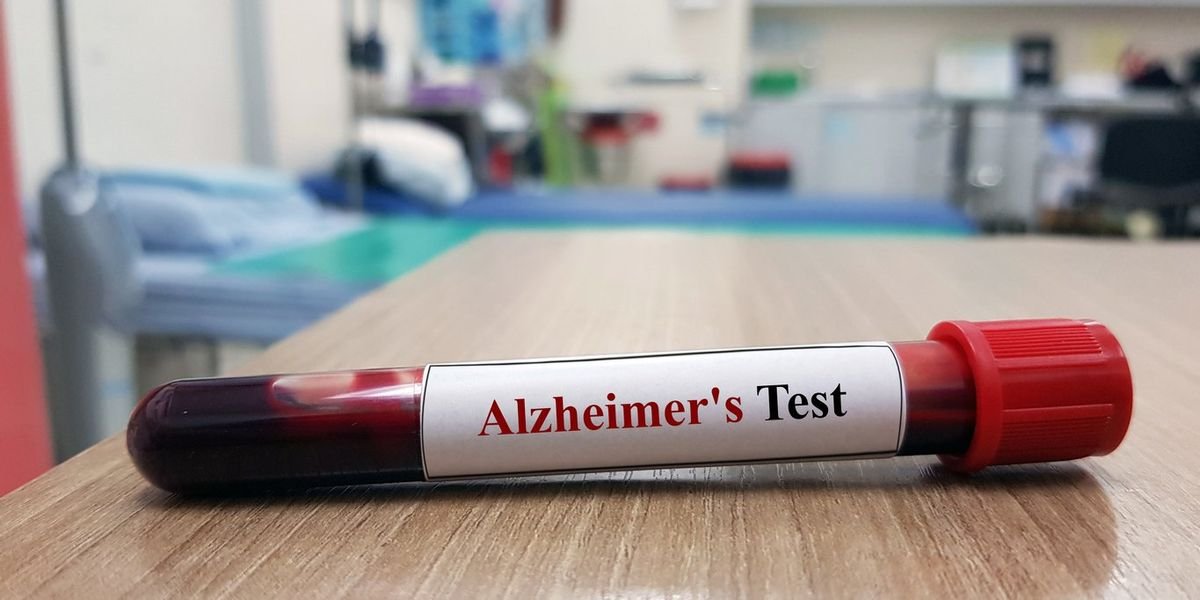Delve into this comprehensive guide that unveils key strategies and powerful tools to conquer depression once and for all. Depression can be a daunting and overwhelming battle, but with the right techniques and mindset, it is possible to emerge victorious. Learn how to identify triggers, cultivate resilience, and establish healthy coping mechanisms in order to pave a path towards lasting recovery. Say goodbye to the grips of depression and hello to a brighter, more fulfilling future with these effective tools at your disposal.
Key Takeaways:
- Therapy and Counseling: Seeking professional help through therapy and counseling can provide necessary tools and coping strategies for overcoming depression permanently.
- Medication: In some cases, medication prescribed by a healthcare professional can help manage symptoms of depression and improve overall mental well-being.
- Self-Care: Practicing self-care activities such as exercise, mindfulness, and maintaining a healthy lifestyle can play a crucial role in managing and overcoming depression in the long term.
Establishing a Solid Foundation for Recovery
If you are struggling with depression, it is important to recognize that recovery is possible. By implementing effective strategies and tools, you can overcome depression permanently. One crucial step in this process is to educate yourself on Ways to Overcome Depression and establish a solid foundation for your journey towards healing.
Recognizing Triggers and Contributing Factors
Identifying the triggers and contributing factors that exacerbate your depression is key to creating an effective recovery plan. Common triggers may include stress, trauma, substance abuse, or specific life events. By understanding what sets off your symptoms, you can develop strategies to manage and prevent them. It is also important to recognize any underlying issues such as low self-esteem, negative thought patterns, or unresolved emotions that may be fueling your depression.
- Self-awareness is crucial in recognizing triggers and contributing factors.
- Seeking professional help can assist in identifying and addressing these underlying issues.
- Practicing mindfulness and journaling can help you track patterns and gain insight into your mental health.
Knowing your triggers can empower you to take control of your mental health and make positive changes that support your overall well-being.

Building a Support System
Establishing a support system is another necessary component of recovery from depression. Surrounding yourself with positive influences and individuals who uplift and encourage you can provide the necessary emotional support during difficult times. Friends, family members, support groups, or mental health professionals can offer guidance, empathy, and practical assistance as you navigate your journey towards healing.
It is important to establish boundaries and communicate your needs effectively within your support system. Regularly checking in with trusted individuals and seeking help when needed can prevent feelings of isolation and help you stay on track with your recovery goals.

Lifestyle Adjustments for Long-Term Wellness
Clearly, overcoming depression is a journey that requires a holistic approach. It’s not just about taking medication or attending therapy sessions. Making lifestyle adjustments is crucial for long-term wellness and mental health stability. Here are some powerful tools you can incorporate into your daily routine to help you combat depression permanently.
Nutrition and Diet Tips
LongTerm nutrition plays a significant role in how we feel mentally and emotionally. Eating a balanced diet rich in nutrient-dense foods can help regulate your mood and energy levels. Some necessary nutrients for managing depression include omega-3 fatty acids, vitamin D, B vitamins, and magnesium. Incorporating whole foods such as fruits, vegetables, whole grains, lean proteins, and healthy fats into your diet can have a positive impact on your mental well-being. Knowing what you put into your body can make a significant difference in how you feel.
- Eat a variety of foods: Include a rainbow of fruits and vegetables in your diet to ensure you’re getting a wide range of necessary nutrients.
- Avoid processed foods: Limit your intake of sugary snacks, fried foods, and processed meals, as they can negatively affect your mood and energy levels.
- Stay hydrated: Drink plenty of water throughout the day to keep your body and mind functioning optimally.
The Role of Exercise in Combating Depression
Combating depression through regular exercise is a powerful tool that can significantly improve your mood and overall well-being. Exercise helps release endorphins, the body’s natural mood lifters, and reduces levels of stress hormones. By incorporating physical activity into your routine, you can experience a boost in self-esteem, better sleep, and increased energy levels. For instance, engaging in activities like aerobic exercises, yoga, or strength training can be particularly beneficial in managing symptoms of depression.
For instance, a 30-minute walk every day or a yoga session a few times a week can make a positive impact on your mental health. It’s important to find activities that you enjoy and can stick to in the long run to experience the full benefits of exercise in combating depression. Stay consistent and make exercise a priority in your daily routine for lasting results.
Psychological Strategies and Therapies
For individuals seeking to overcome depression permanently, psychological strategies and therapies play a crucial role in providing long-term relief and healing. By addressing the root causes of depression and developing healthy coping mechanisms, these techniques can empower individuals to regain control over their mental health and lead fulfilling lives.
Cognitive Behavioral Therapy Techniques
For those struggling with depression, Cognitive Behavioral Therapy (CBT) techniques offer a proven method for challenging negative thought patterns and behaviors. By identifying and restructuring distorted thinking, individuals can break free from the cycle of pessimism and self-doubt. Through collaboration with a therapist, individuals can learn to develop more adaptive coping strategies and cultivate a more positive outlook on life.
Cognitive restructuring, behavioral activation, and problem-solving skills are some of the key techniques used in CBT to help individuals overcome depression. By actively engaging in the therapeutic process and implementing these strategies in daily life, individuals can experience a significant reduction in depressive symptoms and an improvement in overall well-being.
Mindfulness and Stress Reduction Practices
To combat the negative effects of stress and promote mental wellness, incorporating mindfulness and stress reduction practices into daily routines can be highly beneficial. Mindfulness techniques, such as meditation and deep breathing exercises, help individuals cultivate present-moment awareness and develop a non-judgmental attitude towards their thoughts and emotions. By practicing mindfulness regularly, individuals can enhance their resilience to stress and reduce the impact of depressive symptoms.
Reduction in stress levels can lead to a significant improvement in mental health outcomes, including reduced anxiety and depression. By incorporating mindfulness and stress reduction practices into daily life, individuals can cultivate a sense of inner peace and improve their overall quality of life.
Maintaining Progress and Preventing Relapse
Monitoring Symptoms and Warning Signs
All individuals who have experienced depression should be vigilant in monitoring their symptoms and recognizing warning signs of a potential relapse. It is crucial to pay attention to changes in mood, energy levels, sleep patterns, and appetite. Keeping a journal can help track these fluctuations and provide valuable insights into potential triggers. Regularly checking in with a mental health professional can also aid in early detection of any concerning developments.
Strategies to Sustain Mental Well-being
For long-term success in overcoming depression, it is imperative to implement strategies that promote ongoing mental well-being. Engaging in regular exercise, maintaining a balanced diet, getting an adequate amount of sleep, and practicing relaxation techniques such as mindfulness or meditation can all contribute to mental resilience. Building a strong support network of friends, family, or support groups can also provide a crucial safety net in times of stress or vulnerability.
The journey to sustaining mental well-being is a continual process that requires dedication and commitment. It is imperative to prioritize self-care and make time for activities that bring joy and fulfillment. Consistency in healthy habits and regular mental health check-ins can help prevent relapse and ensure long-term stability.
FAQ
Q: What are some powerful tools to overcome depression permanently?
A: Overcoming depression permanently requires a comprehensive approach. Some powerful tools include therapy, medication, exercise, healthy nutrition, mindfulness practices, and social support. It’s important to work with a healthcare professional to develop a personalized treatment plan.
Q: How can therapy help in overcoming depression?
A: Therapy, such as cognitive behavioral therapy (CBT), can be highly effective in treating depression. It helps individuals identify and change negative thought patterns and behaviors, develop coping strategies, and build resilience. Therapy provides a safe space to explore emotions and learn healthy ways to manage them.
What role does exercise play in overcoming depression?
A: Regular exercise has been shown to have a positive impact on mental health. Physical activity releases endorphins, which are known as “feel-good” hormones. Exercise can help reduce symptoms of depression, improve sleep, boost self-esteem, and enhance overall well-being. Incorporating exercise into your routine can be a powerful tool in overcoming depression permanently.










